Delta Air Lines is revisiting the use of traditional salutations in airport announcements. Keyra Lynn Johnson, the airline’s Chief Diversity, Equity, Inclusion & Social Impact Officer, has suggested eliminating the phrase ‘ladies and gentlemen’ to create a more inclusive environment.
This suggestion was made during a panel discussion in February 2021, highlighting a shift toward gender inclusivity.
Meet the Change Maker: Keyra Lynn Johnson
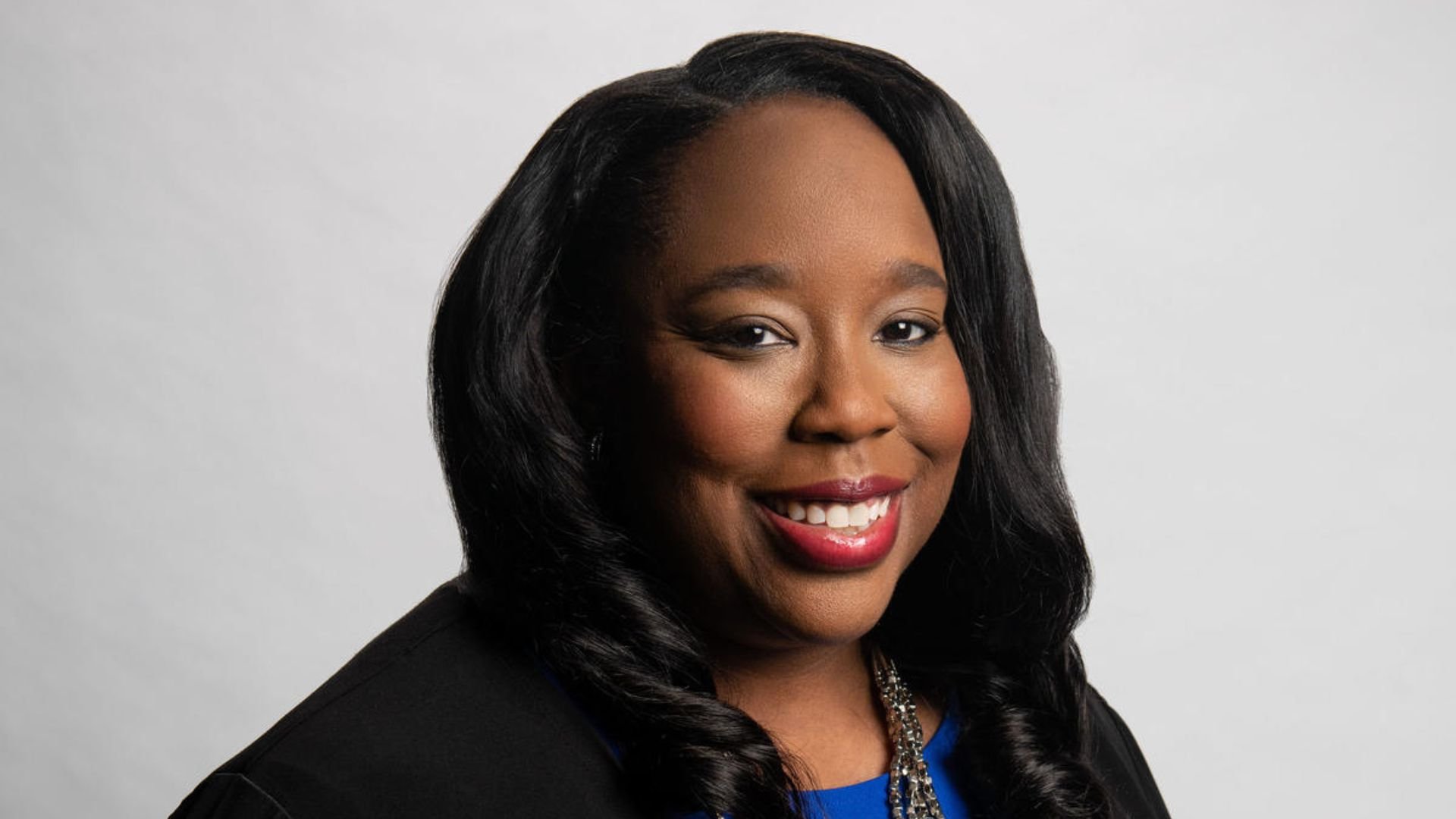
Leading the charge in this innovative shift is Keyra Lynn Johnson.
She’s pushing to redefine how Delta addresses its passengers, challenging the old-school “ladies and gentlemen” to better reflect today’s diverse society. This change is part of Delta’s broader mission to rethink the language it uses to communicate with travelers.
A Fresh Look at Familiar Phrases
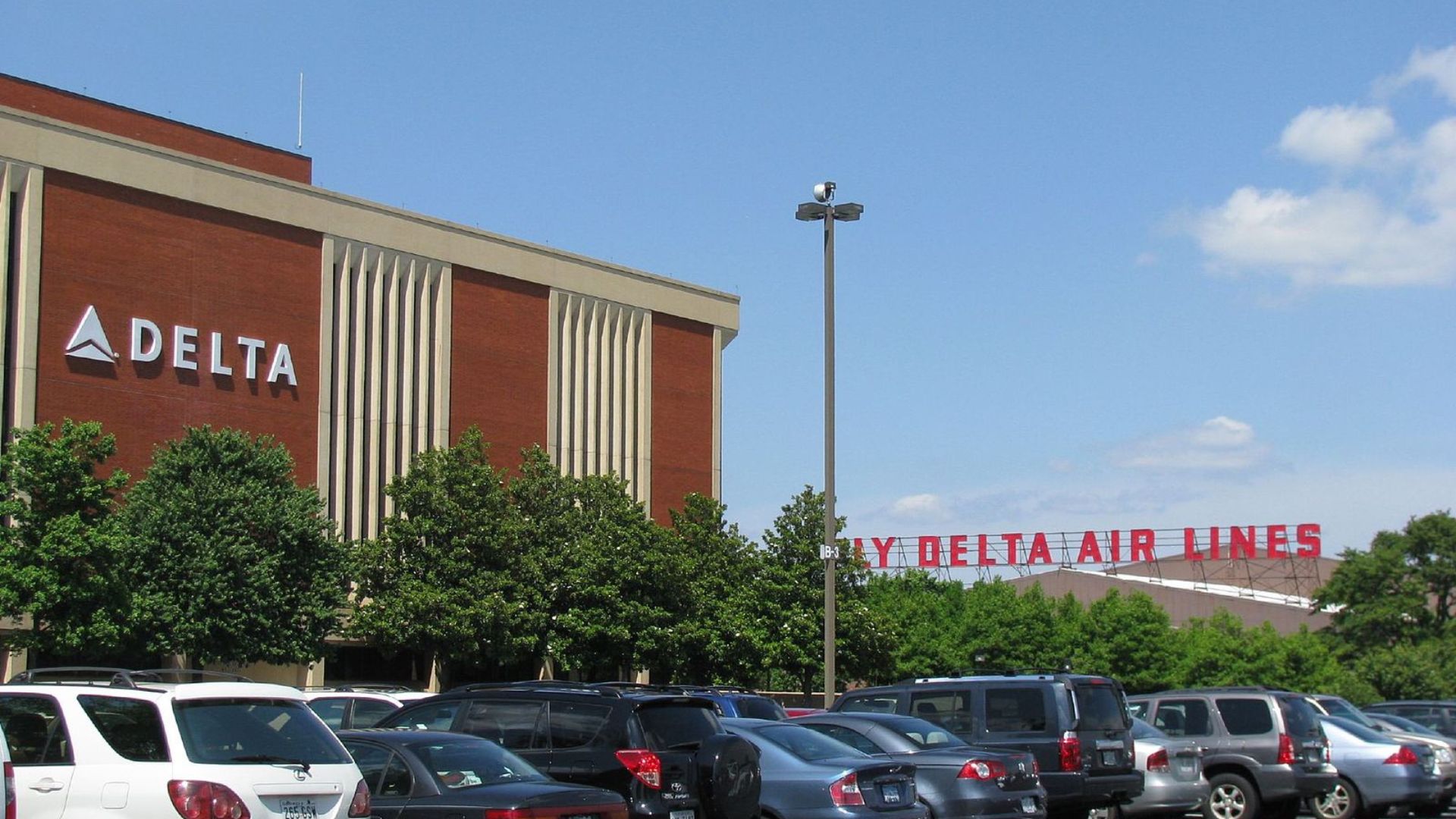
Delta is scrutinizing the everyday language that greets passengers.
“So we’re beginning to take a hard look at things like our gatehouse announcements. You know, we welcome ‘ladies and gentlemen.’ And we’ve asked ourselves, ‘Is that as gender inclusive as we want to be?’” Johnson pointed out during her panel discussion.
Beyond Simple Greetings
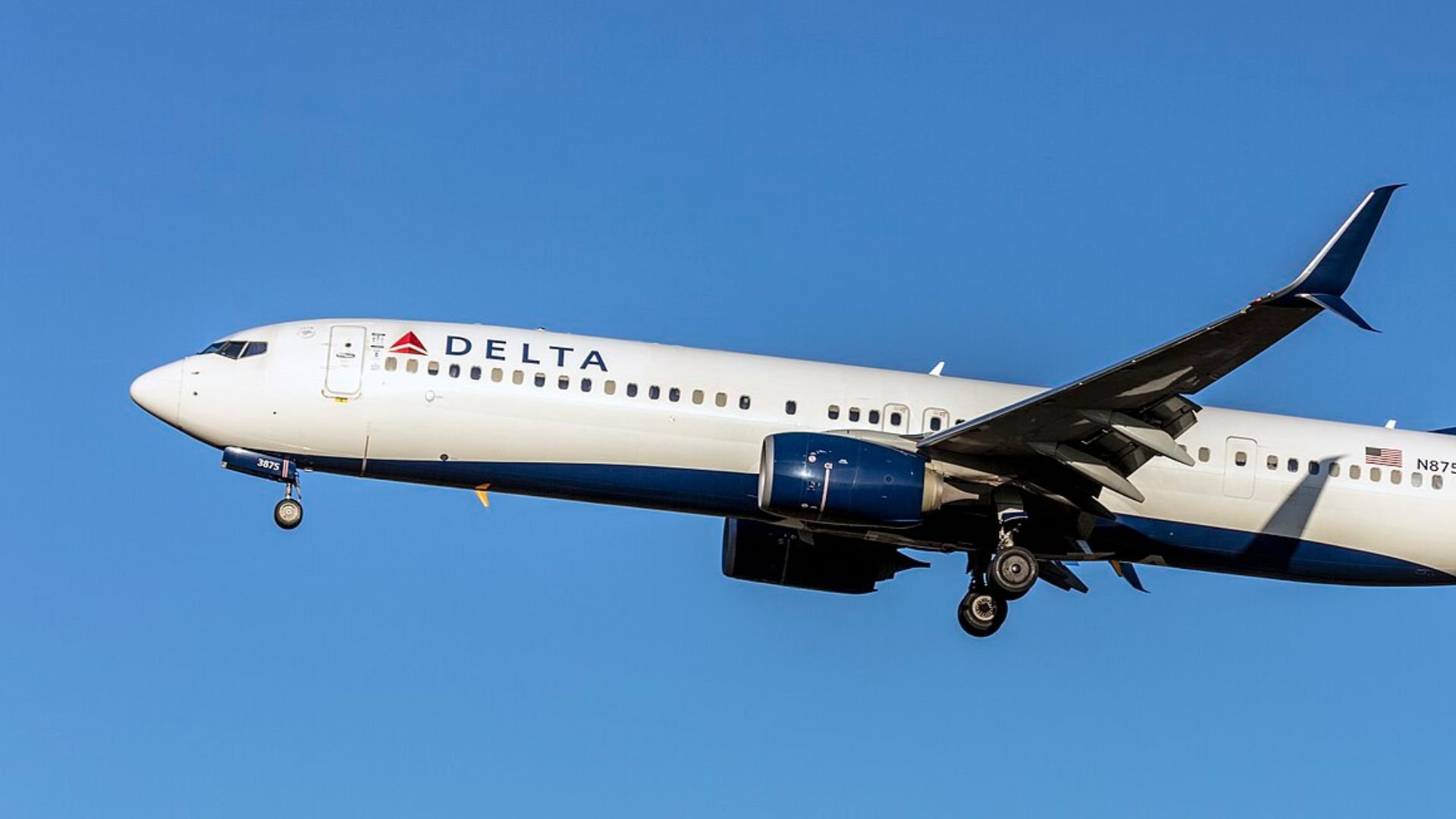
It’s not just about changing greetings, as Delta is diving deep into its communication playbook.
The airline is reviewing how even small phrases in employee manuals might unintentionally exclude people, aiming to overhaul how inclusivity is woven into its verbal and written communications.
A Company-Wide Change
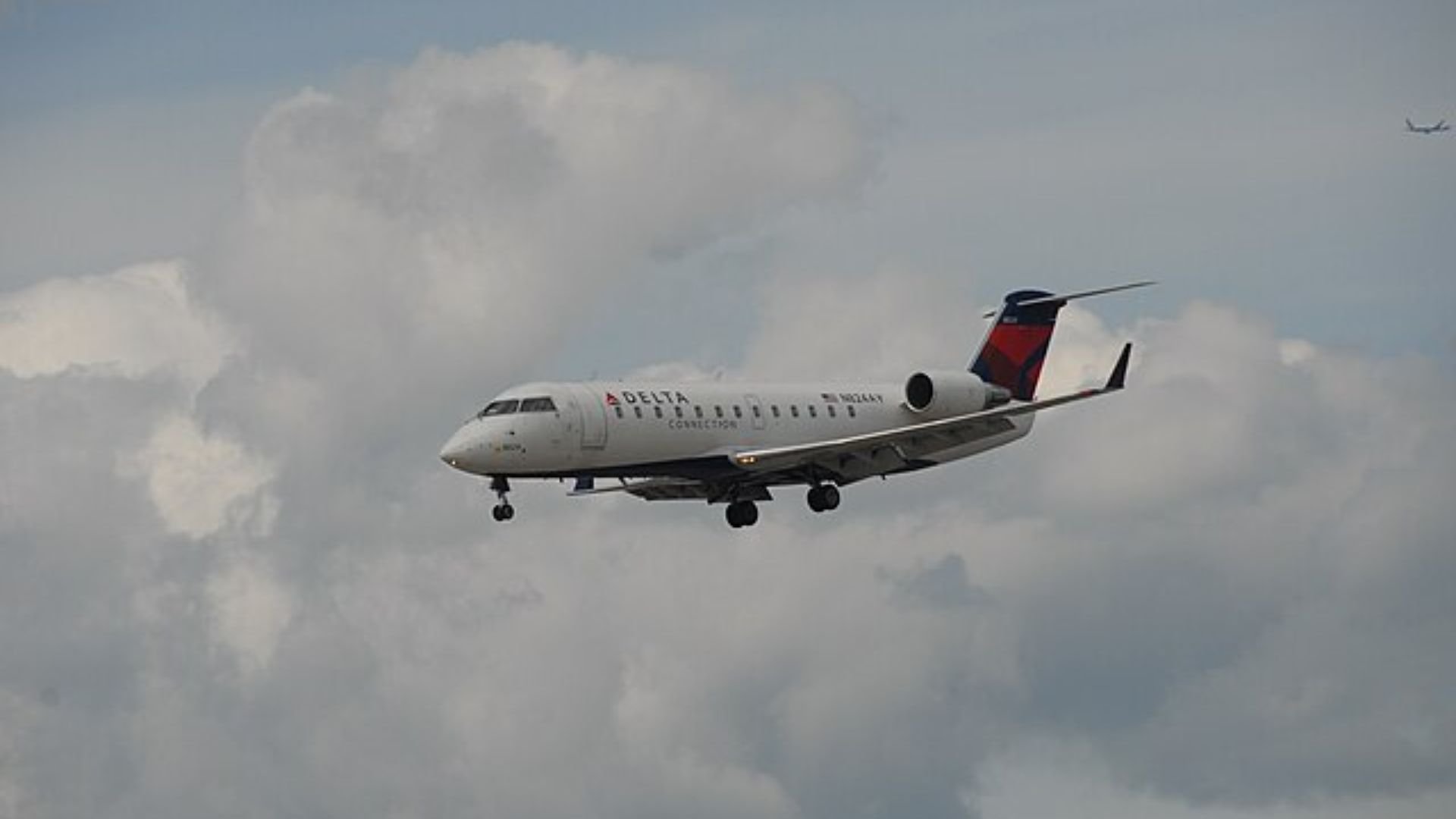
This is not the first change that Delta has introduced to the language its staff uses with customers.
Johnson said: “You know, we’re looking at some legacy language that exists in some of our employee manuals. And getting to the root of the way some things are described and saying, ‘Does that actually send a message of inclusivity?'”
Setting New Standards for Speech
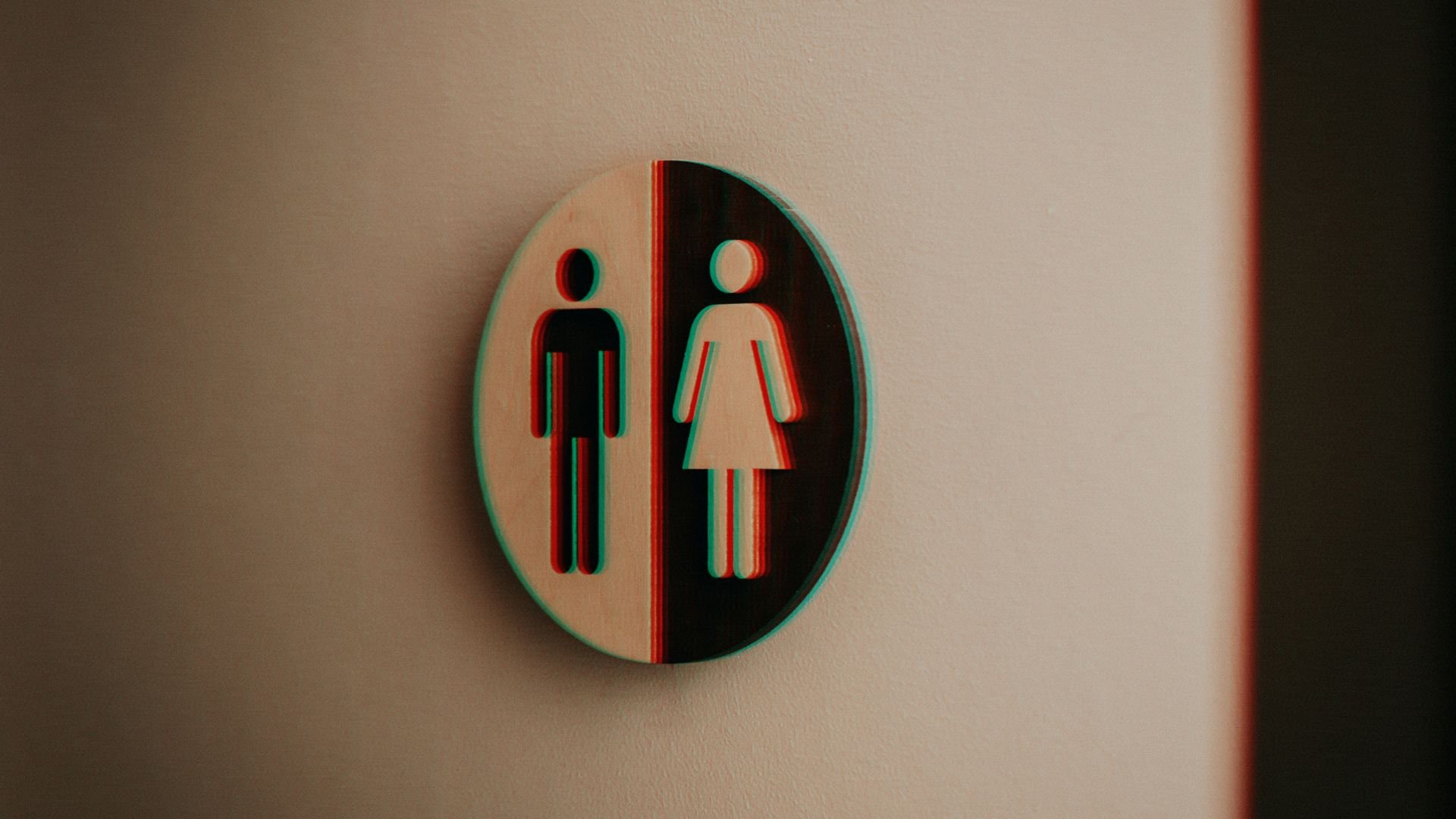
Back in December 2020, Delta introduced guidelines urging employees to adopt gender-neutral language.
This directive advises against using binary terms like “male” and “female,” promoting a more inclusive approach in all customer interactions.
Delta’s Manual

In December 2020, Delta released a guide that instructed employees to “use gender-neutral language and pronouns.”
As part of their new focus on inclusivity, the guide said: “Do not use language that suggests a gender binary (male-female).” Delta’s most recent change is the most recent adjustment in line with this new approach.
Community Reactions: Mixed Feelings
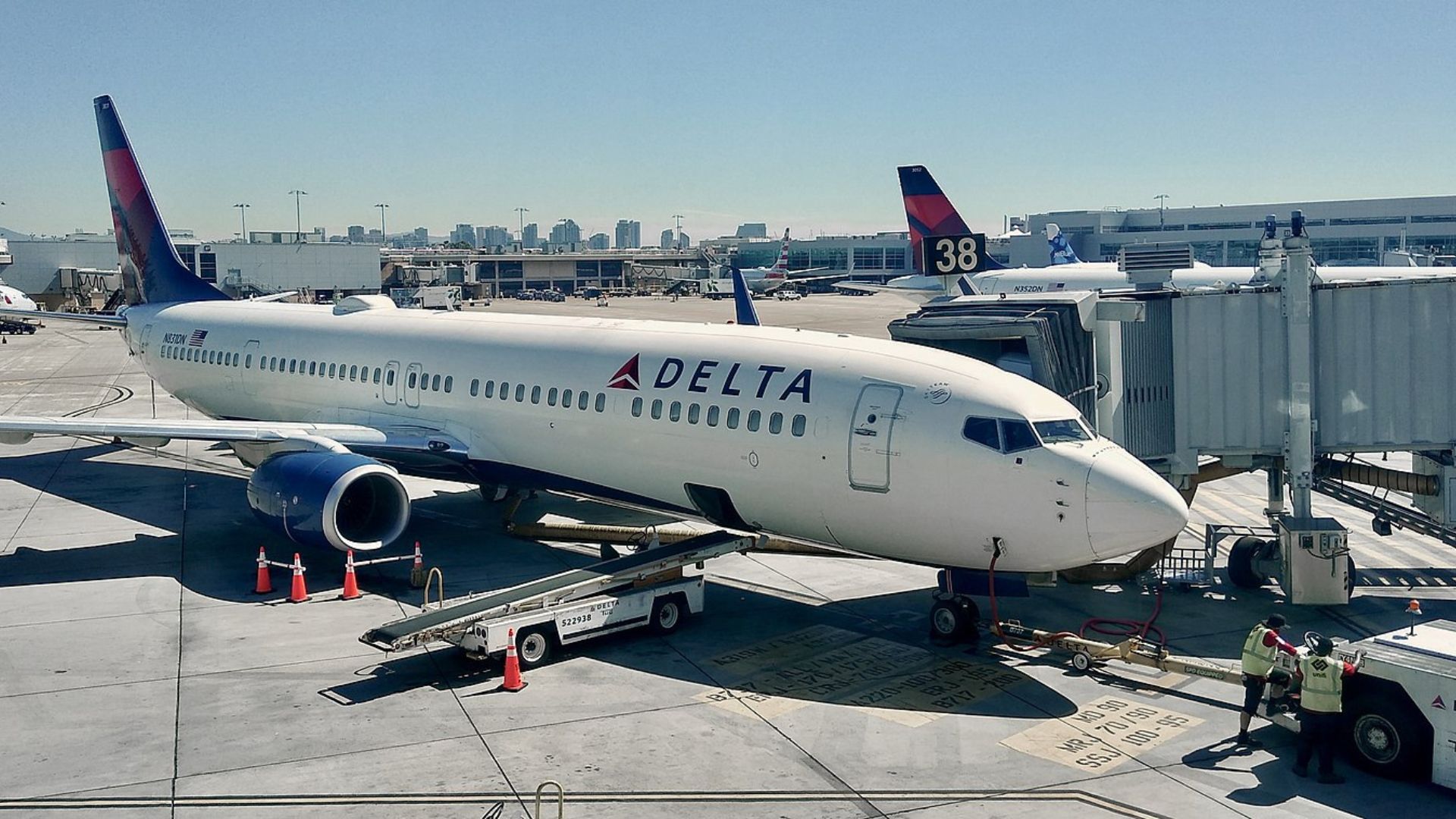
The shift has definitely stirred up some strong opinions.
Social media has become a battleground of perspectives, with one person saying, “Delta is my preferred airline – but not now.”
Feedback on Delta’s Focus
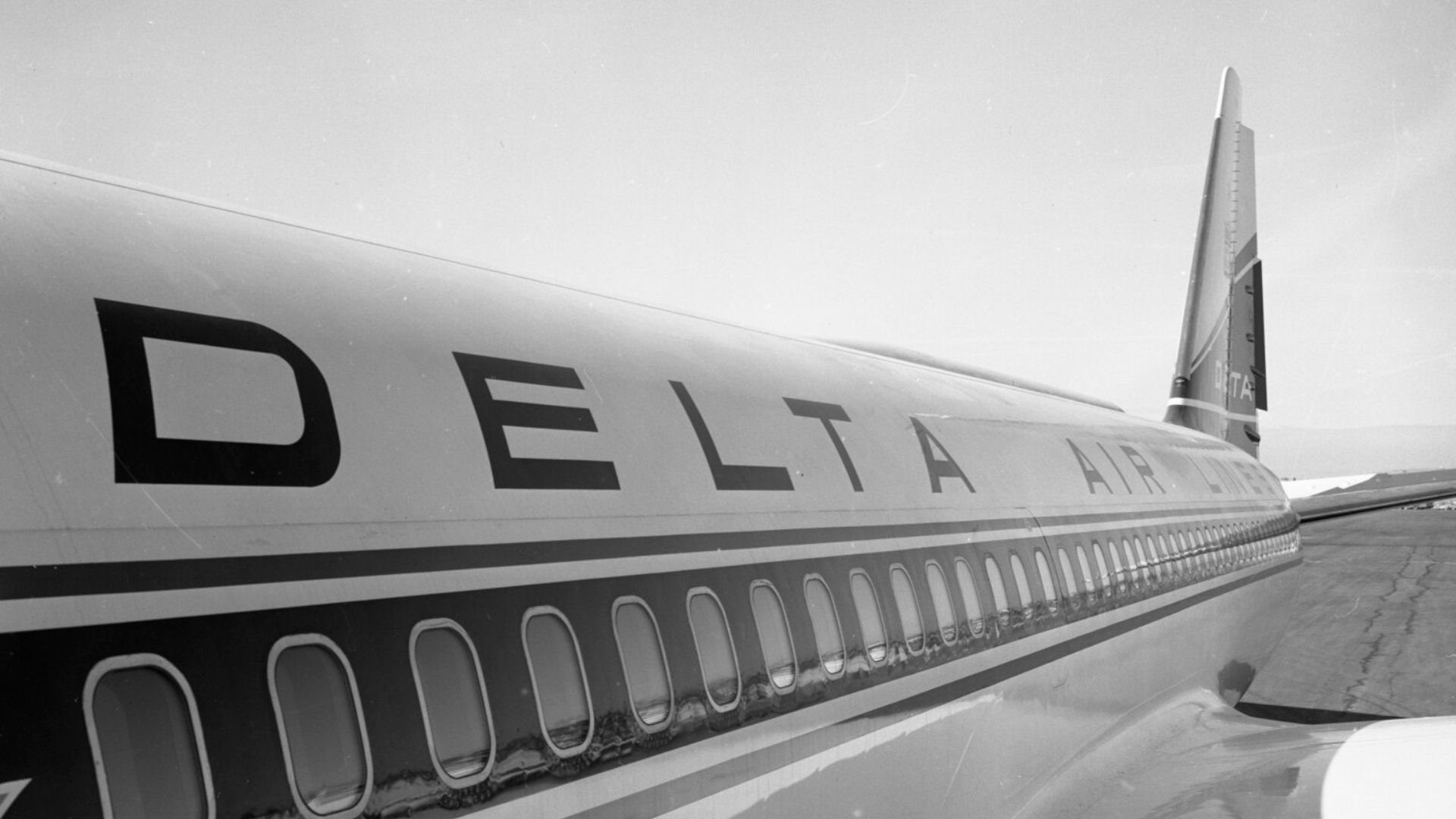
Amidst the debate, some passengers feel that Delta should prioritize basic service improvements over linguistic updates.
One social media user said, “Maybe Delta should worry more about timeliness, bad customer service, high prices and doors falling off planes.”
Customers Looking Elsewhere
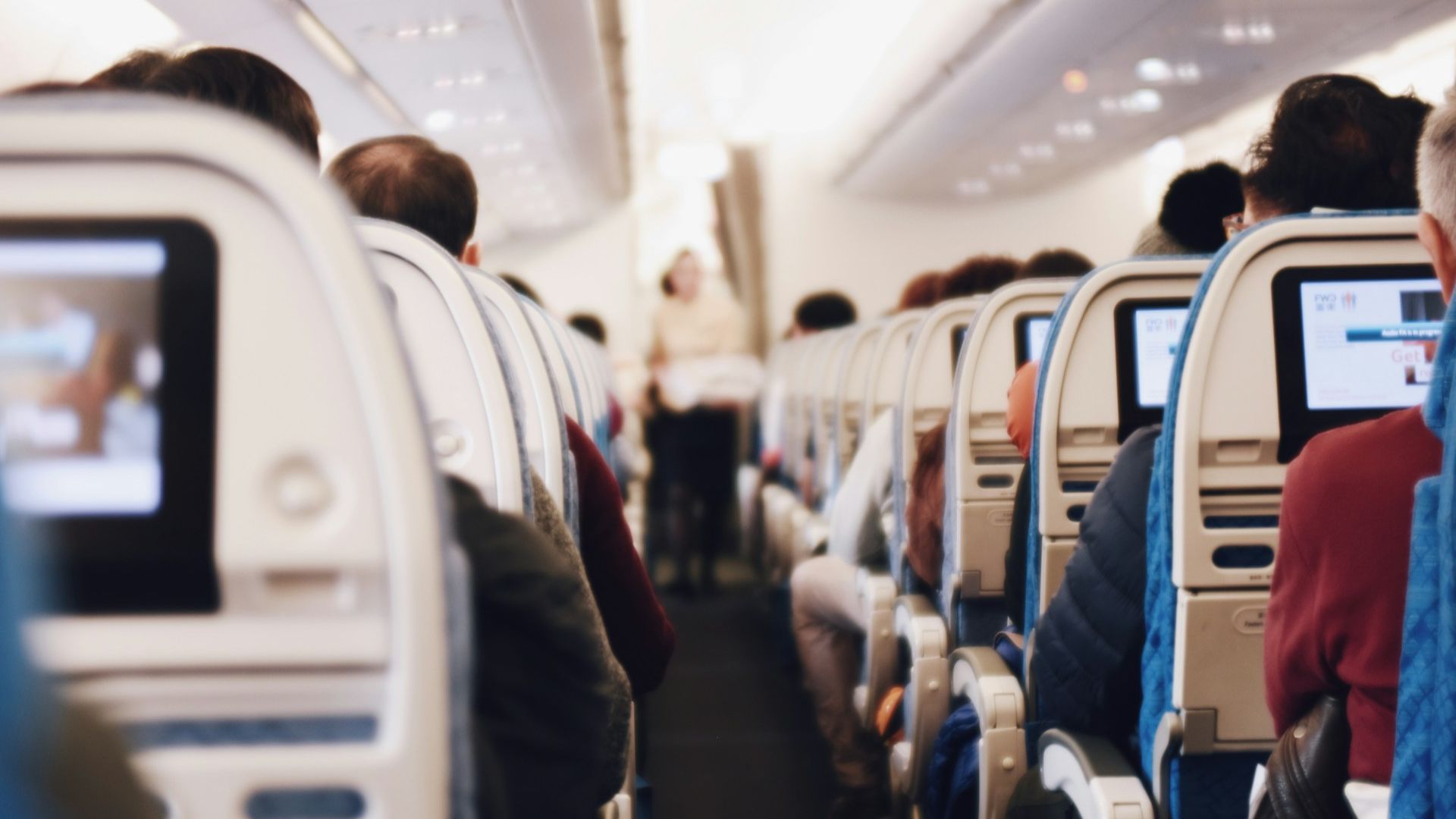
This shift in language has attracted the ire of social media users. Some reject the change profoundly enough that they are considering taking their business elsewhere.
Someone commented on a post made by right-wing provocateur, Oli London: “If you’re going to exclude the only two real genders, then the only two real genders will exclude you when choosing an airline. Does that sound fair enough to you @Delta, @DeltaNewsHub?”
Many Do Not Care
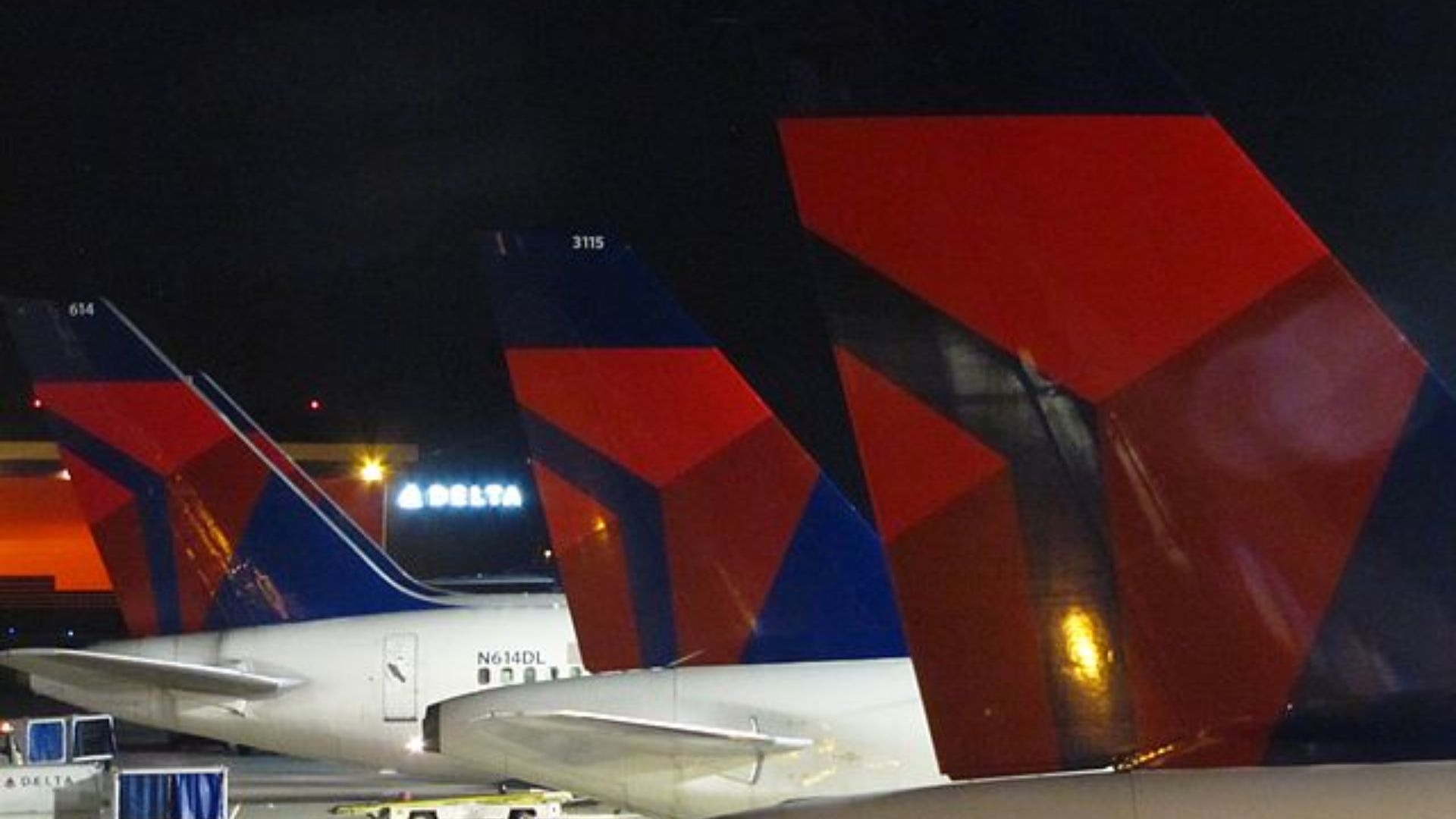
Many Delta passengers may question the prioritization of gender-neutral language but are non-plussed by the change.
One commenter on the Daily Mail site said: “How about we worry about keeping the plane from crashing to the ground in a huge fireball? That’s my biggest priority if I’m flying Delta, not whether a proper pronoun was used by its staff.”
Changing Practices
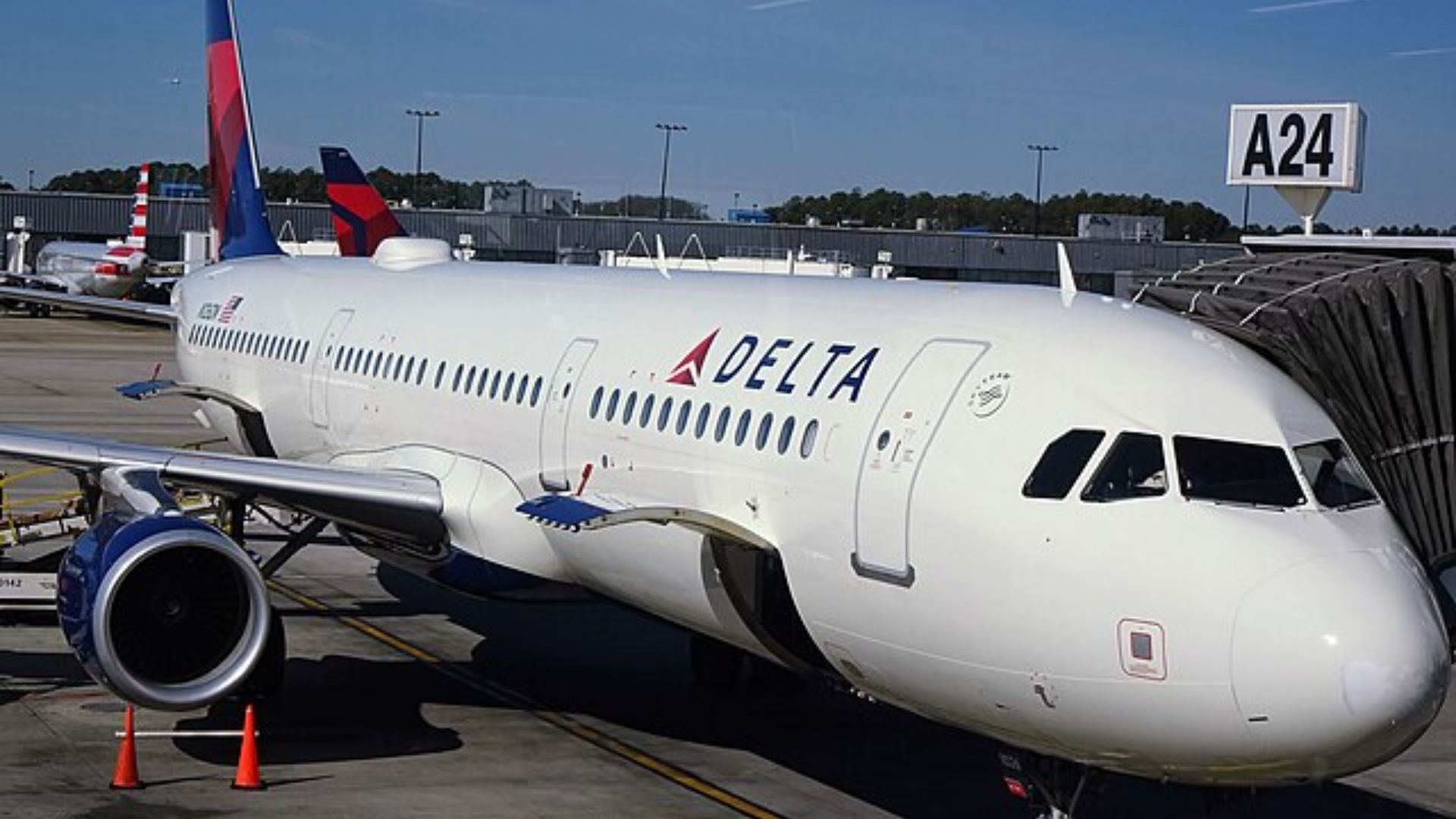
A Delta spokesperson told Fox News Digital that the company encourages inclusive language to show cultural awareness.
“Delta encourages our people to use language that is inclusive of everyone as our global customer base includes a broad range of diversity in cultural backgrounds, identity, and experiences,” the spokesperson said.
An Antiracist Company
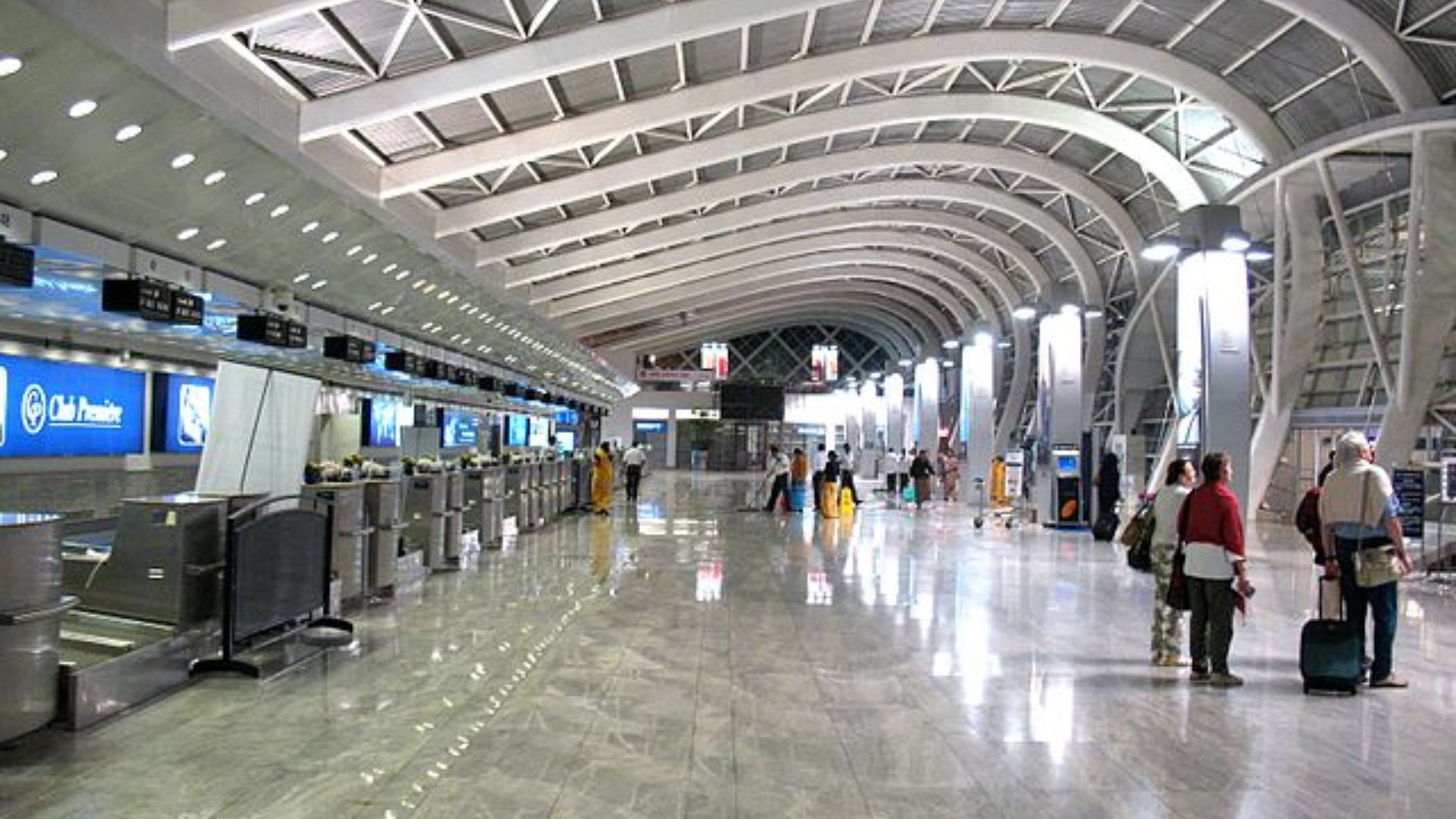
The DEI panel for Delta is not only concerned with inclusivity along the lines of gender.
In 2021, Johnson emphasized the importance of Delta to be an “antiracist company.” Johnson said: “We are going to actively seek diversity. We’re also talking about how we’re going to boldly pursue equity. And we’re talking about the steps we’re taking to consciously promote inclusion.”
Focus on Representation
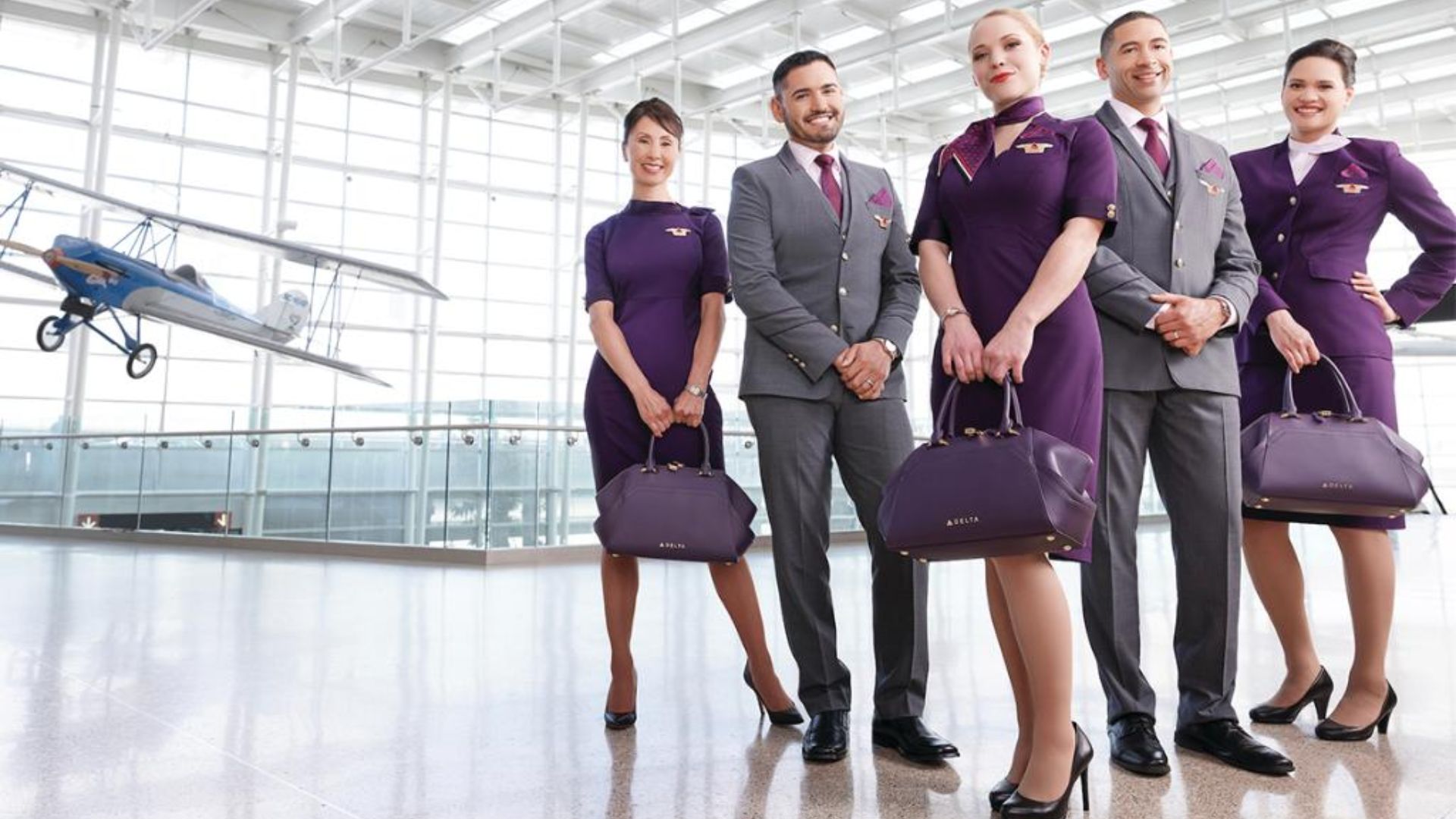
Johnson said Delta is also redefining its talent strategy by pursuing a top-down approach to its talent pipeline.
This new strategy would have a focus on being “intentional about the representation that we need.” Metrics on the company’s representation would be closely tracked and monitored by Delta’s DEI team.
Conflicts With Employees
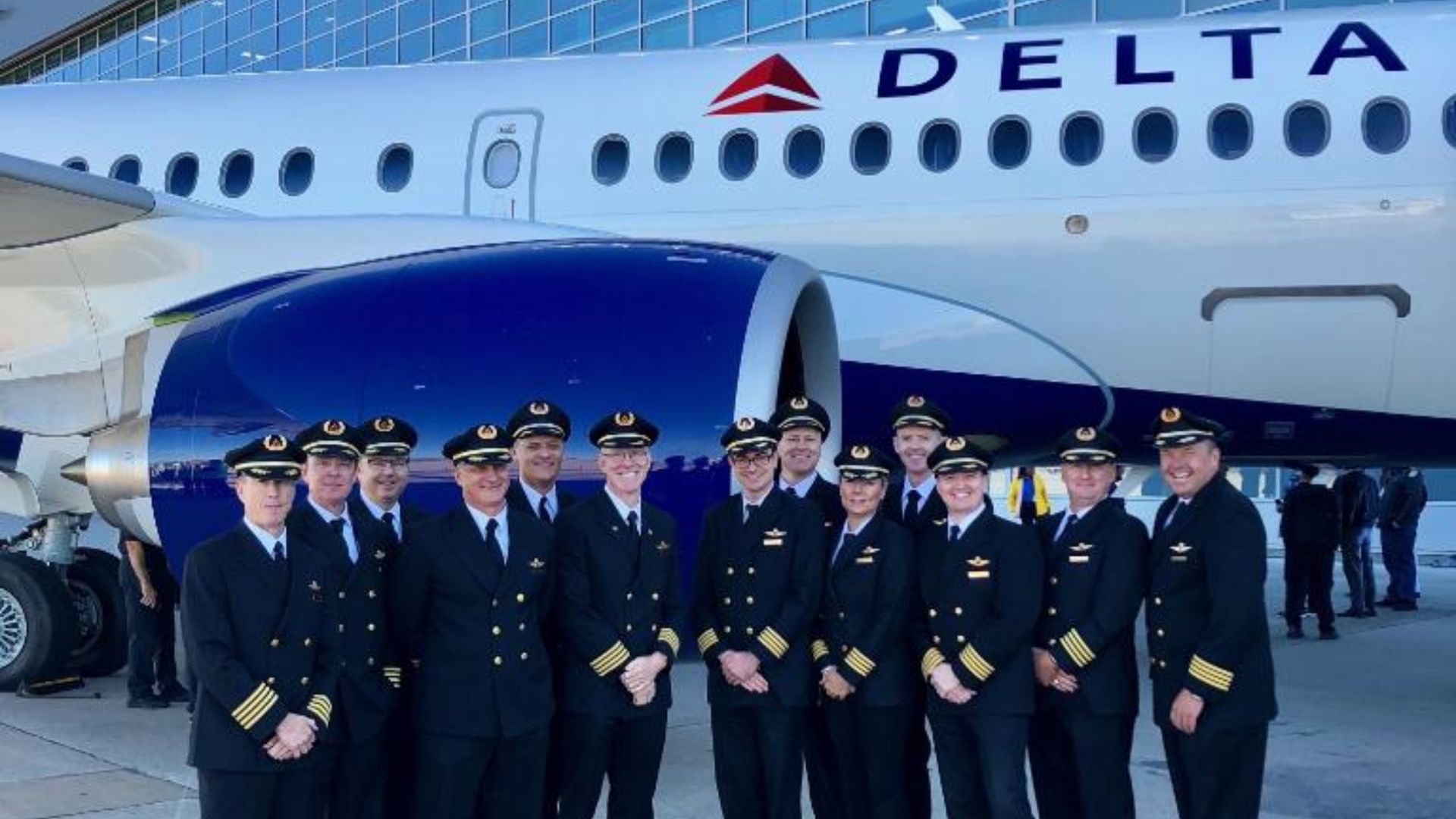
Johnson said one of the biggest challenges of bringing in new company practices based on inclusivity has been bringing employees on board.
“Perhaps the greatest challenge has been normalizing those conversations. Notice I said the company has set an expectation that those conversations are to be normalized … That doesn’t mean everyone feels that way. It doesn’t mean that everyone’s comfortable having those conversations,” Johnson said.
Workers Are Supporting Johnson
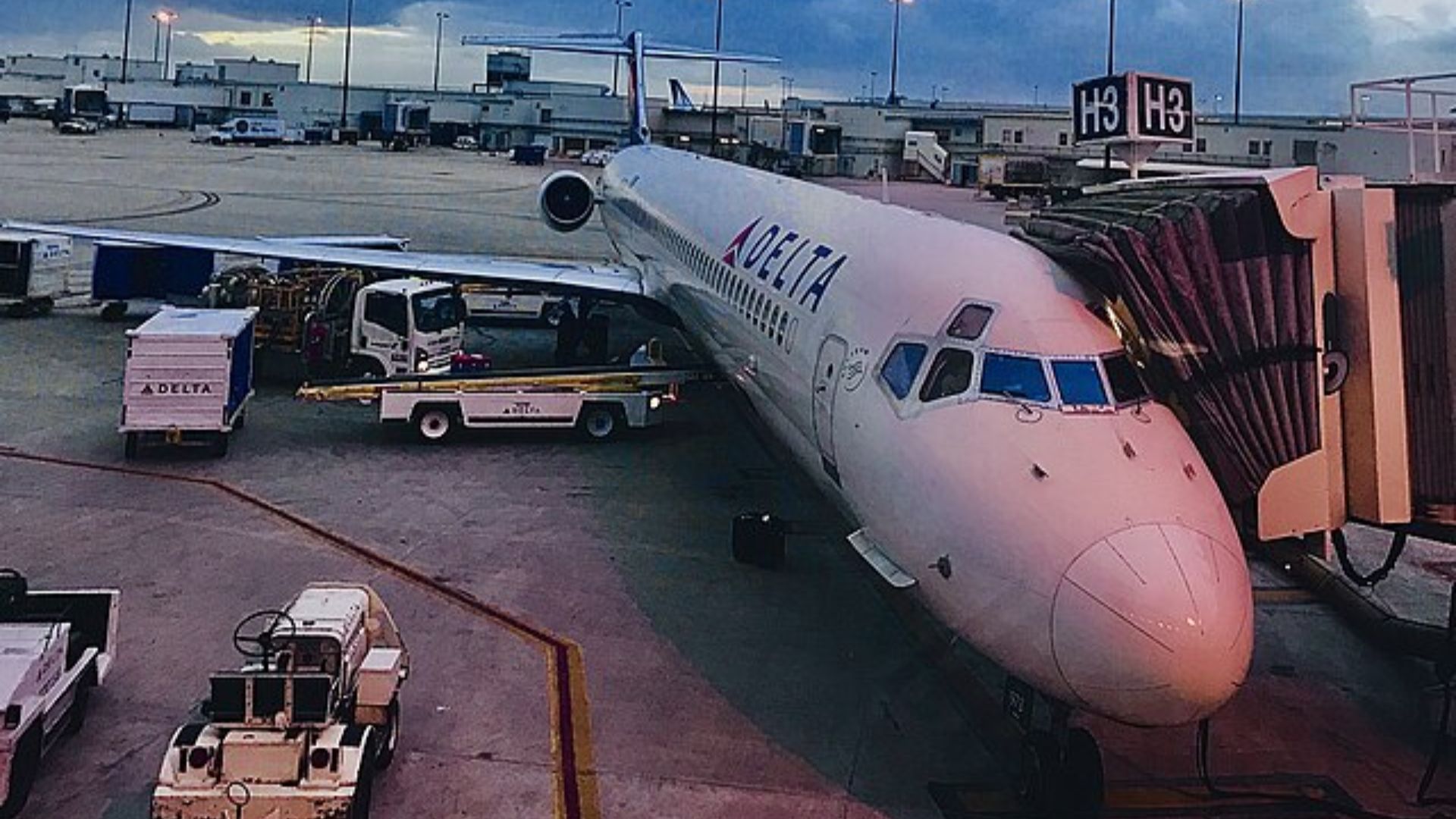
Fox News Digital reached out to Delta to comment on Johnson’s leadership.
A spokesperson said: “Delta is demonstrating an authentic commitment to being a workplace where all people can thrive and where we reflect the rich humanity of the customers and communities we serve across the globe.”
Not Flying Solo: Other Airlines Join In
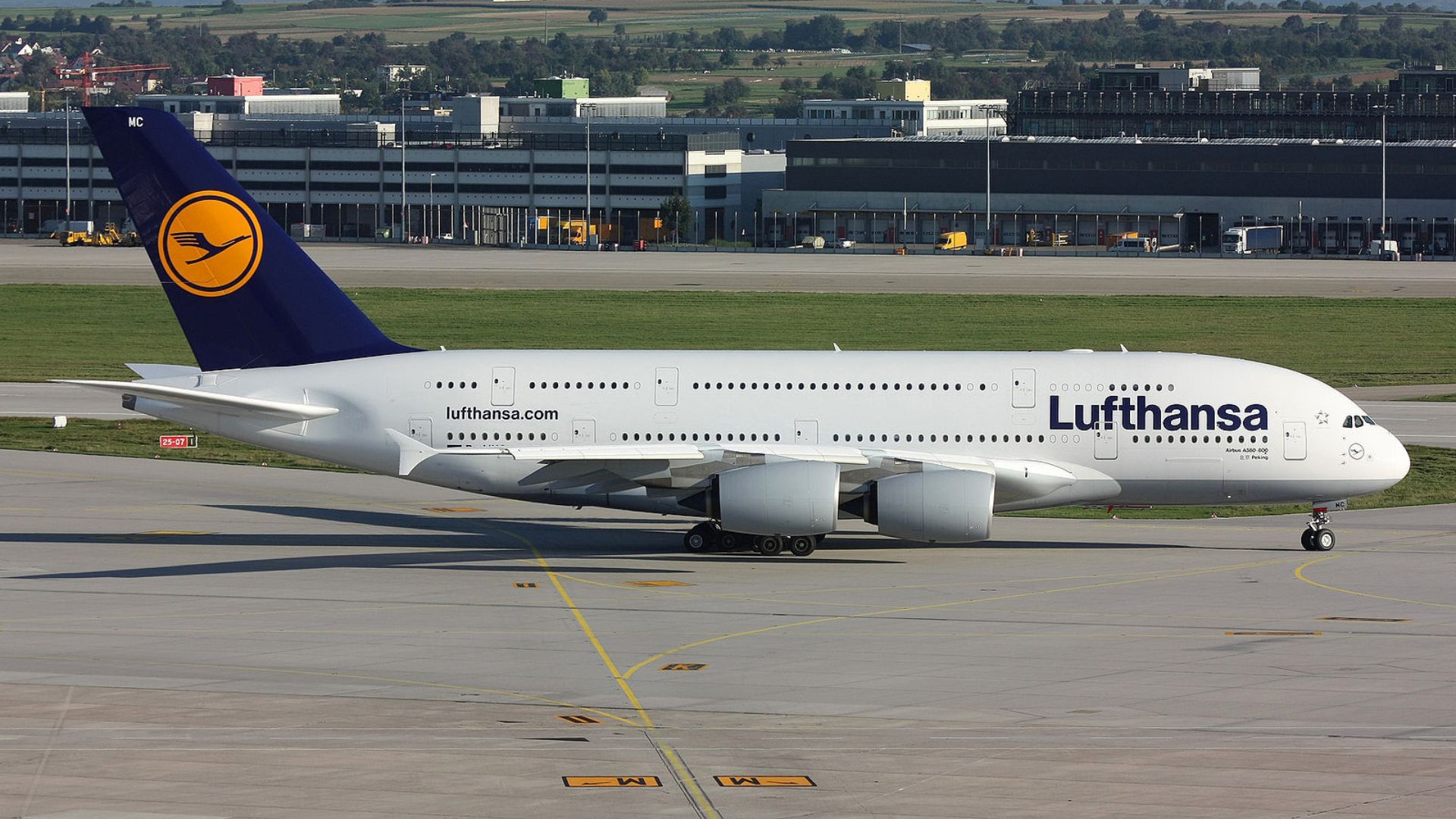
Delta isn’t the only airline rethinking how to greet its passengers.
Lufthansa has also opted to replace ‘ladies and gentlemen’ with alternatives like ‘dear guests,’ striving to make everyone on board feel included.
Lufthansa’s Inclusive Strategy
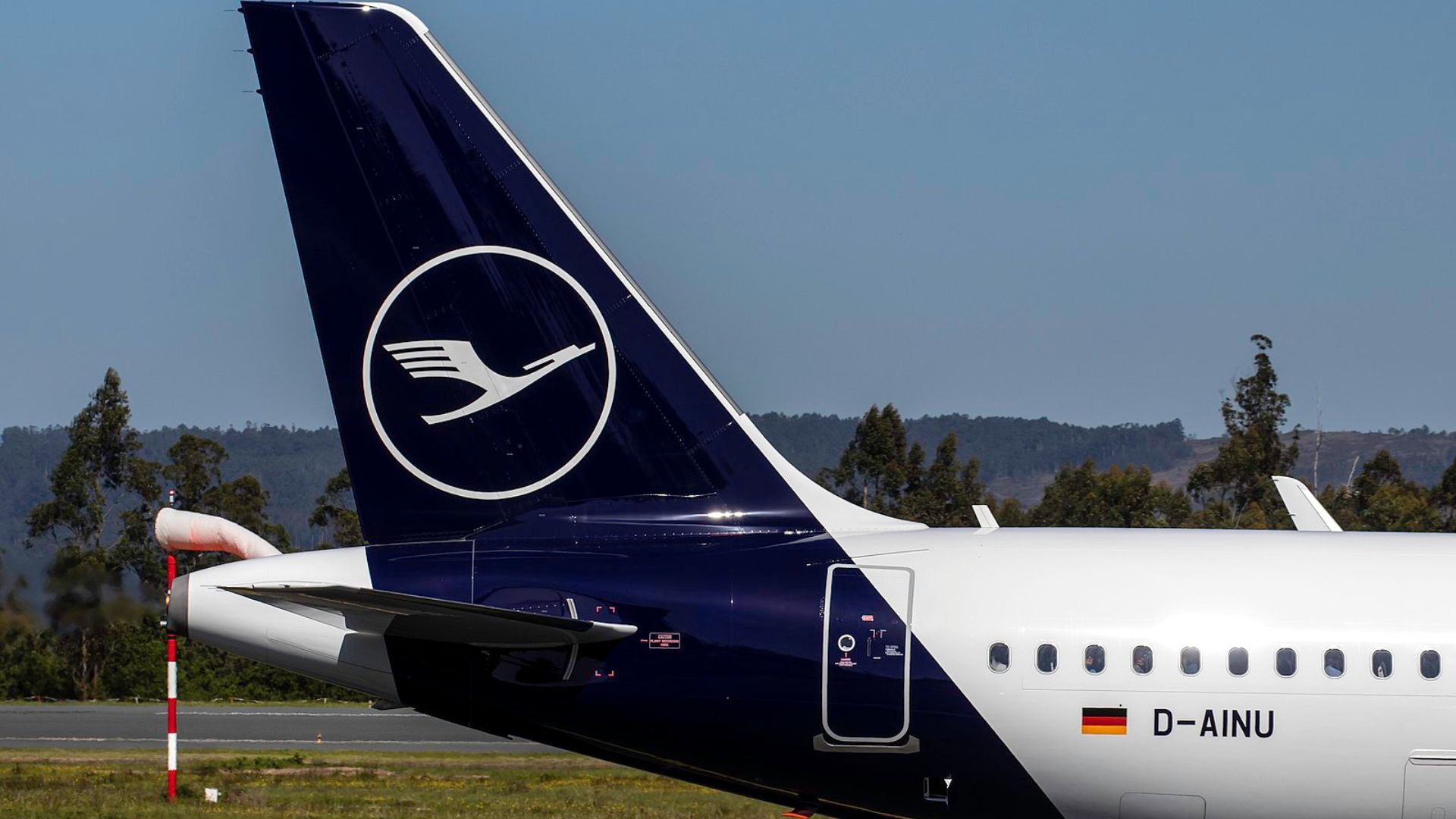
Echoing a similar sentiment, a Lufthansa spokesperson shared, “Crews are being instructed to choose a greeting that includes all passengers.”
Alternatives like ‘good morning’ or ‘good evening’ are being favored to greet the diverse crowd onboard.
Japan Airlines Adopts Inclusive Language
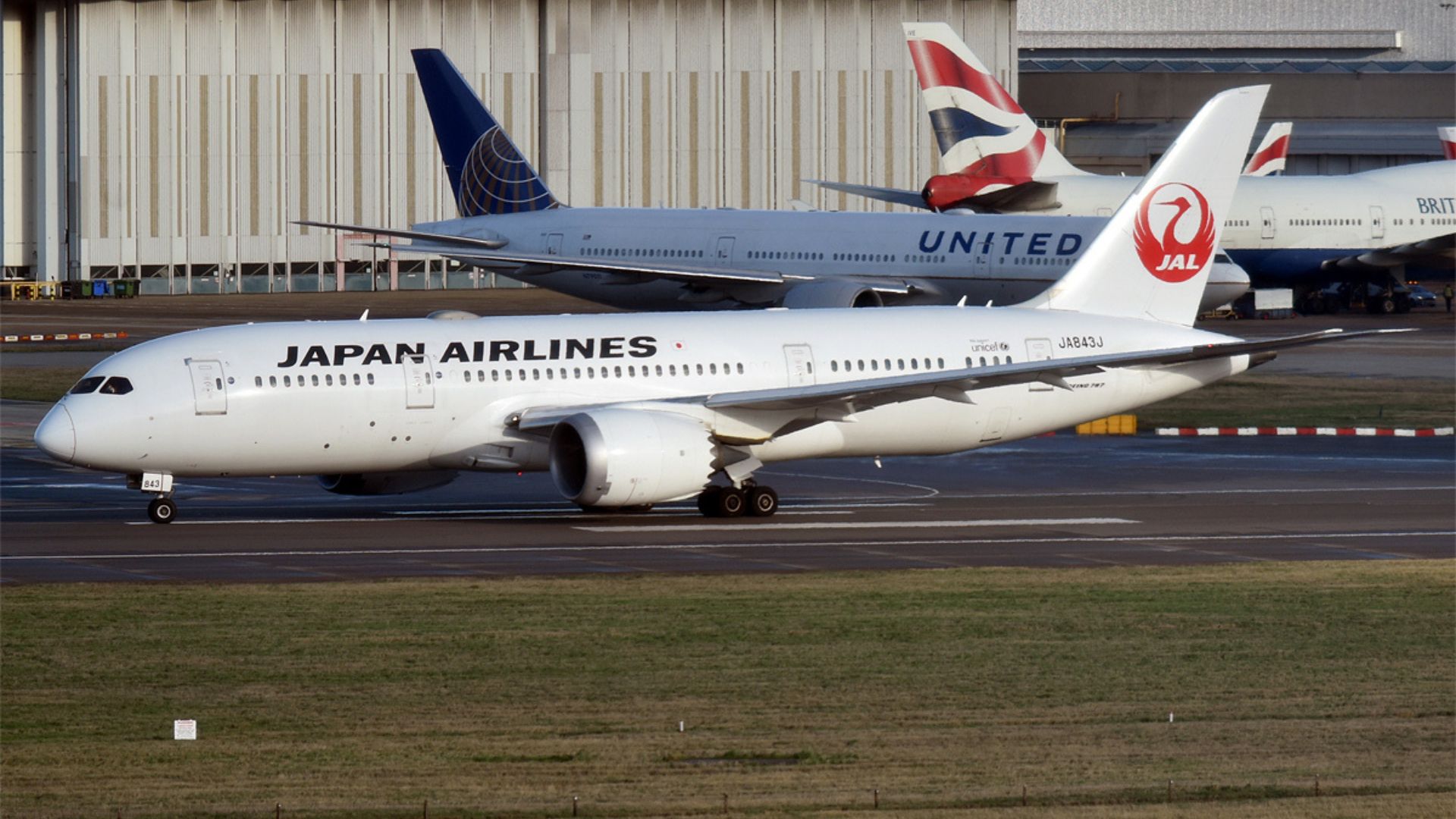
Following the trend, Japan Airlines has also updated its announcements to avoid gender-specific terms, opting instead for ‘all passengers’ during English announcements.
This reflects a broader commitment to inclusivity that’s taking hold in the skies.
Air Canada Pulled Its Old Introduction
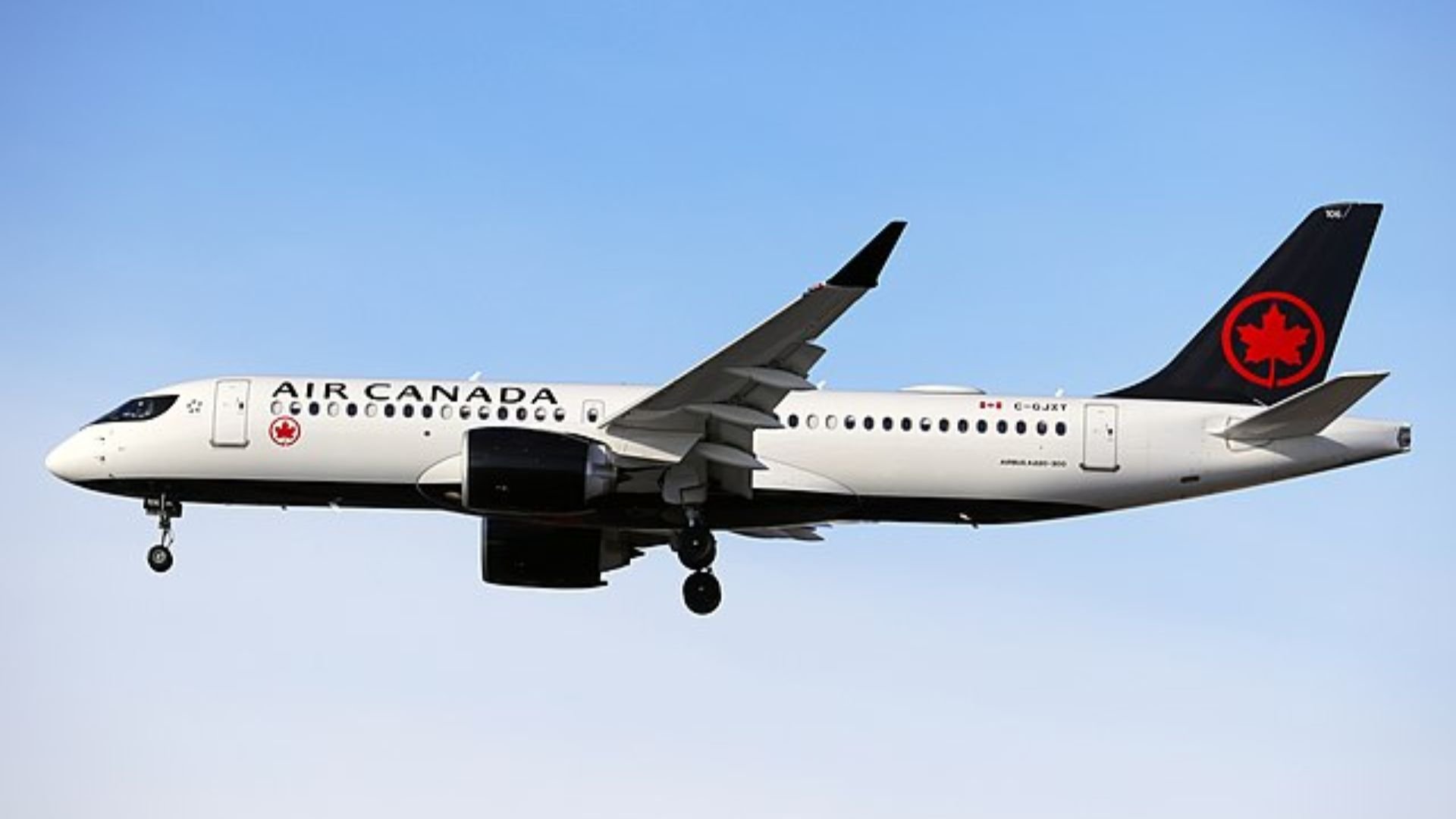
The main difference between the reaction to Delta’s new guidelines and those of Air Japan and Lufthansa is that the latter changed their policies quietly.
Air Canada made similar changes in 2019 that did not attract any vitriol. A representative said: “We will be amending our onboard announcements to modernize them and remove specific references to gender.”
Industry-Wide Shift Toward Inclusivity
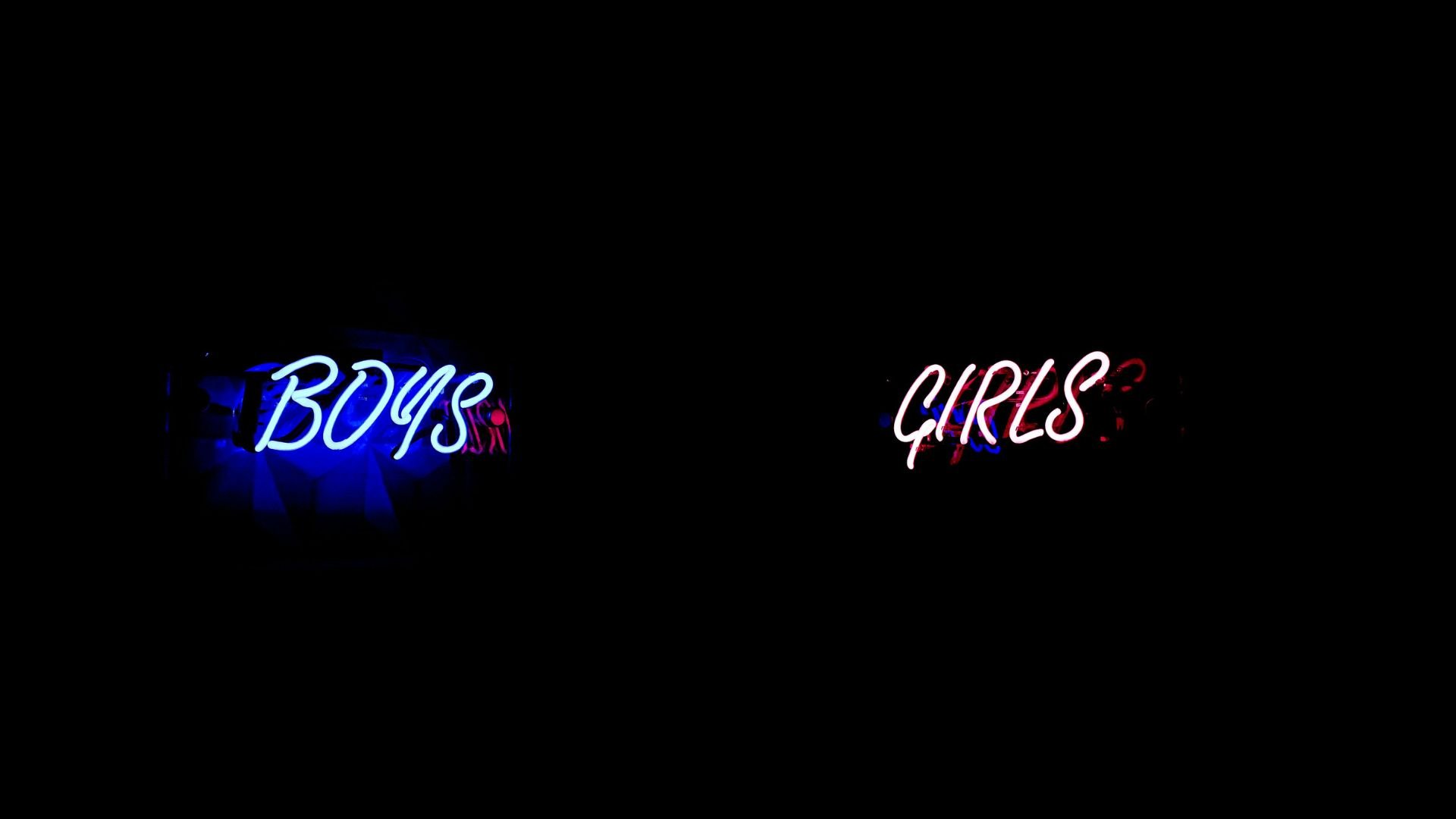
The move toward more inclusive language is not isolated.
Airlines globally, including EasyJet and Air Canada, have started to modify their greetings as part of a wider effort to respect and acknowledge the diversity of modern travelers.
A Win for Inclusivity
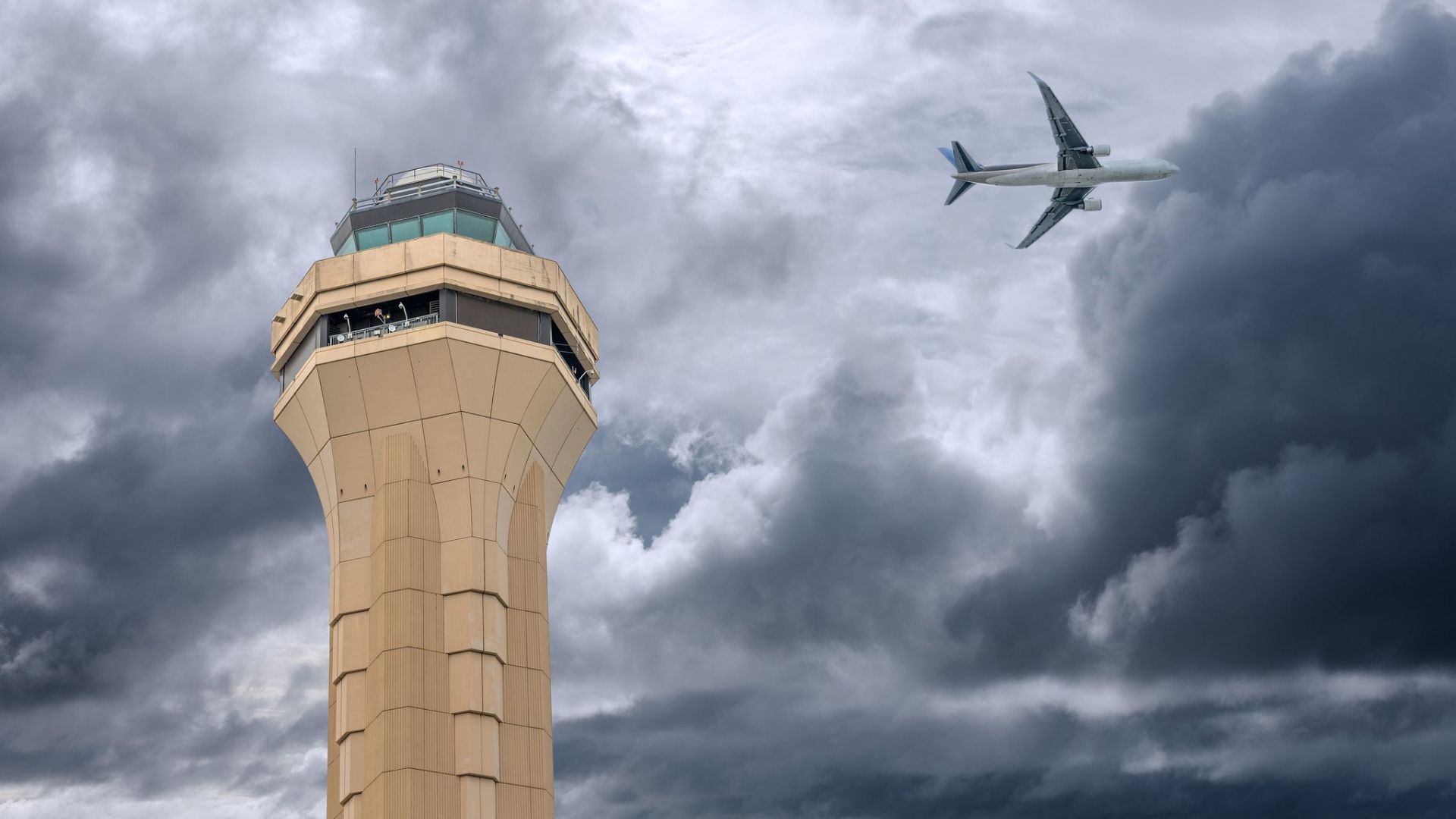
The Federal Aviation Administration (FAA) has also embraced the adoption of gender-neutral language among airlines.
In June 2021, an FAA committee report on the drone industry recommended that aviation terminology be gender-neutral. The examples they cited were words such as “airman” and “unmanned” which they argued should be replaced with “aviator” and “uncrewed.”
Cultural Factors
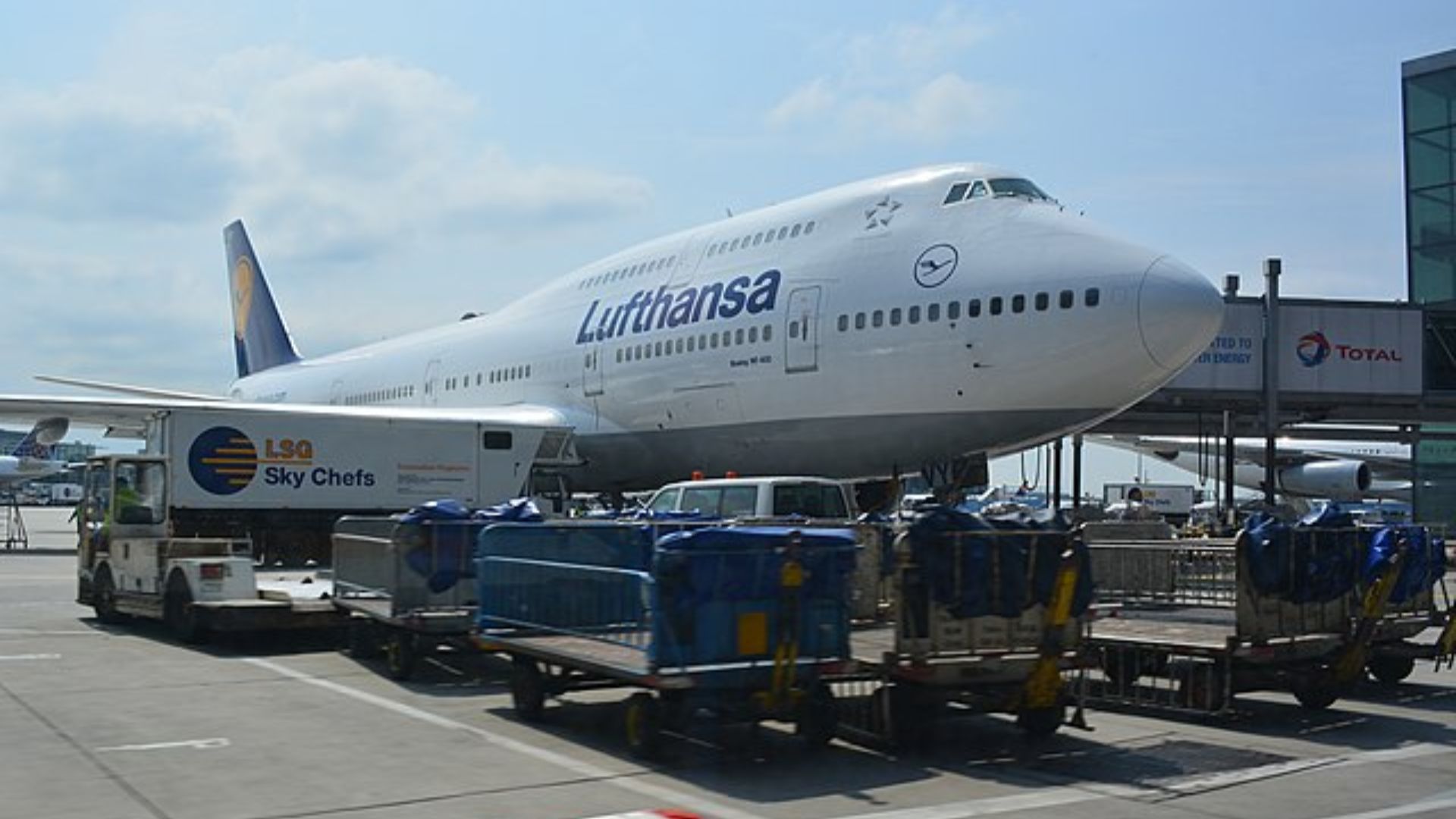
CNN asked Lufthansa whether gender-neutral language will apply across languages and regions.
A Lufthansa spokesperson said that the “issue of gender-neutral language varies from country to country.” In English, most nouns are gender-neutral, whereas in languages like German, French and Spanish, every noun is gendered. The spokesperson told CNN Travel it “depends on whether gender-neutral language is already being used in the various countries and is already made possible by responsible institutions.”
Looking Forward With Delta’s DEI Goals
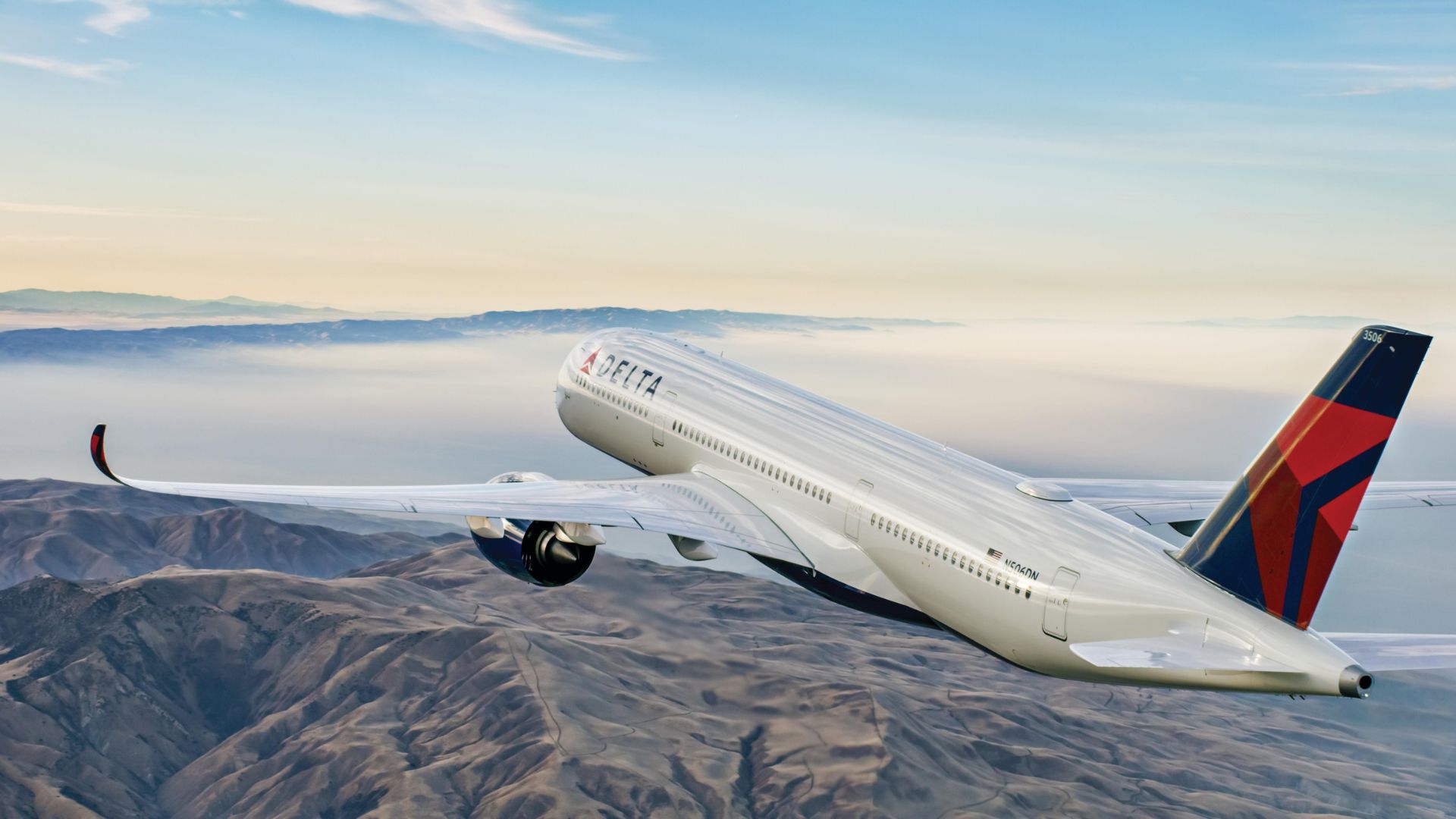
Under Keyra Lynn Johnson’s leadership, Delta continues to explore new ways to enhance its inclusive culture.
The ongoing review of communication practices is part of a larger strategy aimed at creating a welcoming environment for all passengers and employees, reflecting the company’s commitment to diversity and equity.
